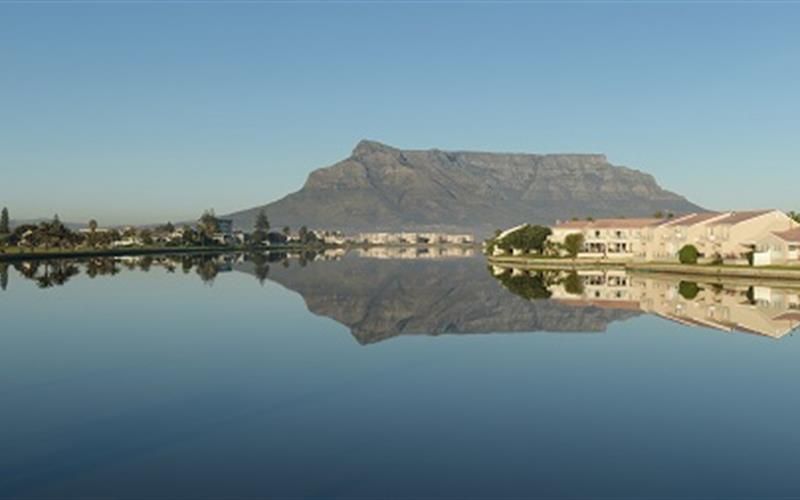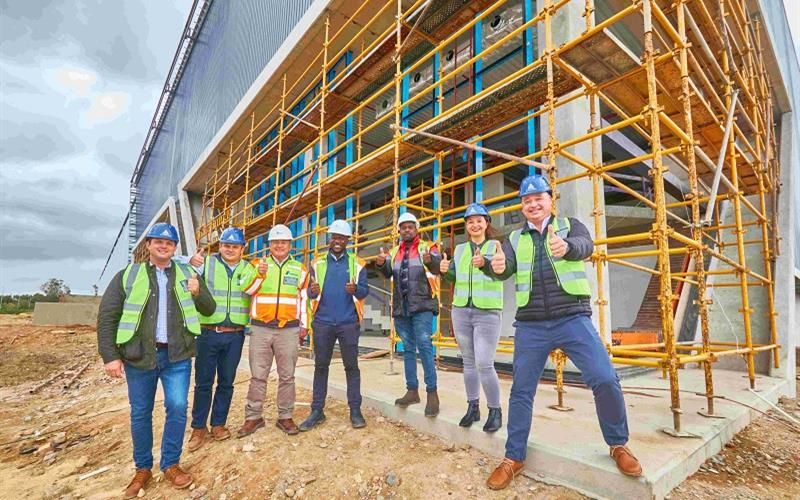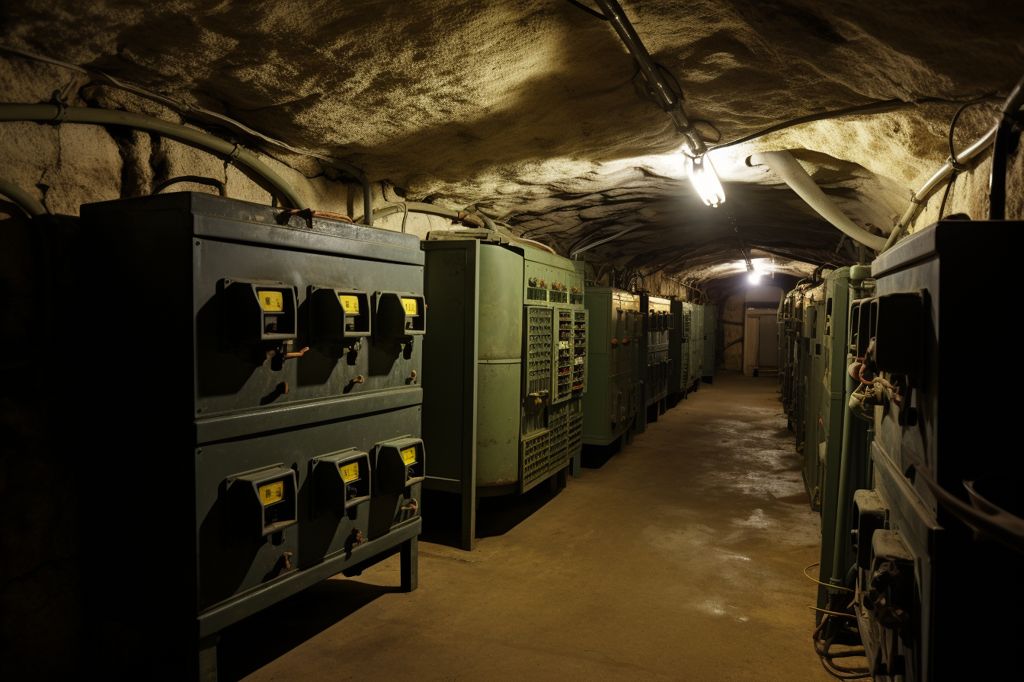The Milnerton Lagoon, situated in Cape Town, has suffered from poor water quality due to urban pollution for many years. However, the City of Cape Town has taken significant steps towards restoring this valuable natural resource. The City has implemented short-term solutions that have had a considerable impact on the water quality of the lagoon. Nevertheless, the City’s long-term vision involves multi-billion rand sewerage and stormwater infrastructure upgrades and on-the-ground pollution mitigation measures to restore the lagoon’s environment.
Three Major Infrastructure Upgrades
Three major infrastructure upgrades are currently in progress: the R5.2 billion Potsdam Wastewater Treatment Works (WWTW) Upgrade, the R430 million Montague Gardens Bulk Sewer Rehabilitation, and the R118 million Koeberg Pump Station upgrade. These projects demonstrate that the City is committed to restoring the health and quality of Milnerton Lagoon.
Community Engagement
Councillor Zahid Badroodien, the City’s Mayoral Committee Member for Water and Sanitation, has stated that the comprehensive action plan is being led by the Water and Sanitation Directorate, in conjunction with the City’s Spatial Planning and Environment Directorate. He encourages residents living near the lagoon to attend the public meeting and learn about the progress of various interventions.
The City actively engages with the community and stakeholders who can contribute meaningfully to the Milnerton Lagoon. Residents are encouraged to submit written comments to enviro@capetown.gov.za and attend the next quarterly stakeholder engagement meeting on September 13, which will focus on the Environmental Remediation Study. The meeting will take place at the Leibrandt Van Niekerk Community Centre in Table View from 18:00 to 21:00.
Short-Term Initiatives
Among the updates highlighted during the previous meeting were several short-term initiatives that have already been implemented. These include the placement of sandbags at the Erica Road Outfall to create a barrier between pollution and the lagoon, limiting the volume of lagoon water being pumped to Potsdam. Litter traps have also been installed on identified stormwater outfalls in Milnerton, Royal Ascott, Joe Slovo, and Phoenix to capture solid waste and reduce pollution in the lagoon.
Pollution Management
The City has ascertained that the source of the odour concerns in the area emanates from excessive accumulation of particulate organic matter in sediment, which leads to bacteria generating hydrogen sulfide. Managing this matter and introducing oxygen-rich water to the lagoon are among the priorities to be addressed in the strategic plan. Interim waste interceptors have been placed in the Diep, Black, and Salt Rivers, as well as the Jakkelsvlei Canal, to assist with pollution management.
Bioremediation Trial
Additionally, the City is conducting a bioremediation trial to evaluate the effectiveness of using bio-enzymes to remediate sewer spills and ambient water, which could potentially address pollution at the source. The next phase of this intervention involves field-based mesocosm efficacy testing.
Councillor Badroodien asserts that the ultimate objective is to gradually close off pollution sources to the Milnerton Lagoon and eventually dredge the water body to remove decades-long pollution build-up. He notes that the City is committed to carefully monitoring the work done by consultants to ensure the timely and efficient implementation of all feasible interventions.








